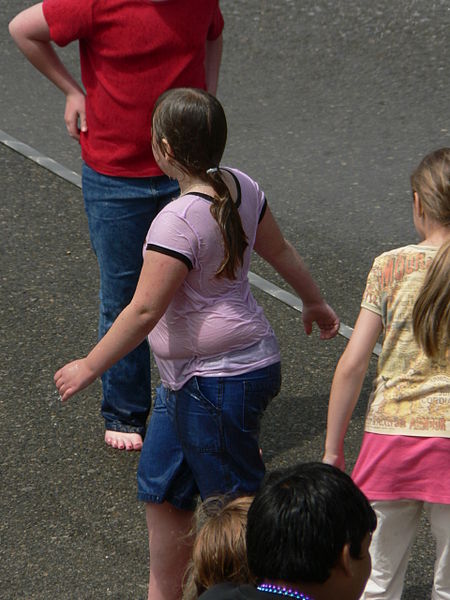Researchers are focused now on whether morbidly obese adolescents who fail to lose weight through diet and physical activity can undergo bariatric surgery or it is preferable to wait until adulthood.
According to the American Pediatric Surgical Association Clinical Task Force on Bariatric Surgery, adolescents that have completed their maturity with a BMI ≥ 35 Kg/m2 with major comorbidities such as diabetes, or BMI ≥ 40 Kg/m2, are candidates for this type of surgery.
With new advances in medical sciences, bariatric surgeries today are conducted through laparoscopy, considered to be minimally invasive and traumatic. Recent evidence found that the short term effects of the surgery on adolescents are similar to those on adults, such as the adverse events that can occur within the first thirty days following the surgery. Furthermore, operative mortality and morbidity decreased to become around 0.1–0.3% and 4.5%, respectively, in recent years. Additionally, morbidly obese adolescents that have undergone a bariatric surgery have most of the obesity related health problems resolved, such as hypertension, diabetes, sleep apnea, etc., due to a weight loss of around 65% of the excess body weight in the first two years.
Although there is good rationale to consider bariatric surgery in morbidly obese adolescents, the potential benefits of the surgery cannot be evaluated without parallel consideration of nutritional and psychological risks on the adolescent.
At this age group, adolescents are still actively growing, with an increased need of proteins, fibers and many vitamins and minerals for proper growth and maturity. Depending on the type of surgery chosen, some lead to poor absorption of many essential nutrients while others lead to food intolerances. For instance, gastric bypass affects digestion and result in poor absorption of iron and calcium, vitamin B12, B1, B9, D, whereas adjustable banding result in the inability to consume fiber rich foods and some of animal proteins such as meat because of the narrowed passage.
A recent study by Kaulfers et al. (2011) evaluated bone loss among adolescents that have undergone gastric bypass and followed them for two years. Results of this study showed a decrease in bone mass that was associated with weight loss in the first two years following the surgery, which suggest that if bone loss continues this can lead to limited growth and probably osteoporosis later on in life. Long term studies that evaluate the progressive effects of the surgery at this age group are still lacking.
It is of high importance that adolescents should be monitored by a registered dietitian to evaluate their nutrient and supplementation intake following the surgery in order to prevent further complications such as anemia, hypoglycemia, hypotension, etc.
Additionally, besides the nutritional risks that could result from the surgery, patients might experience certain psychological and body image issues. Following rapid weight loss, the adolescent is likely to encounter excess loose skin, which would affect his/her appearance and self-esteem, already fragile at this age.
Furthermore, any patient undergoing bariatric surgery, whether it is an adolescent or an adult, should understand that certain lifelong dietary and lifestyle changes are considered cornerstone to the success of the surgery. Bariatric surgery, so far, has not proved, to be a cure for obesity.
In conclusion, within the absence of assessment of the long term effects of bariatric surgery on growing adolescents, surgery should be ethically limited to adolescents with comorbidities and should be performed in well-equipped centers, providing multidisciplinary care to meet all the special needs of adolescents while minimizing risks and maximizing successful outcomes.














